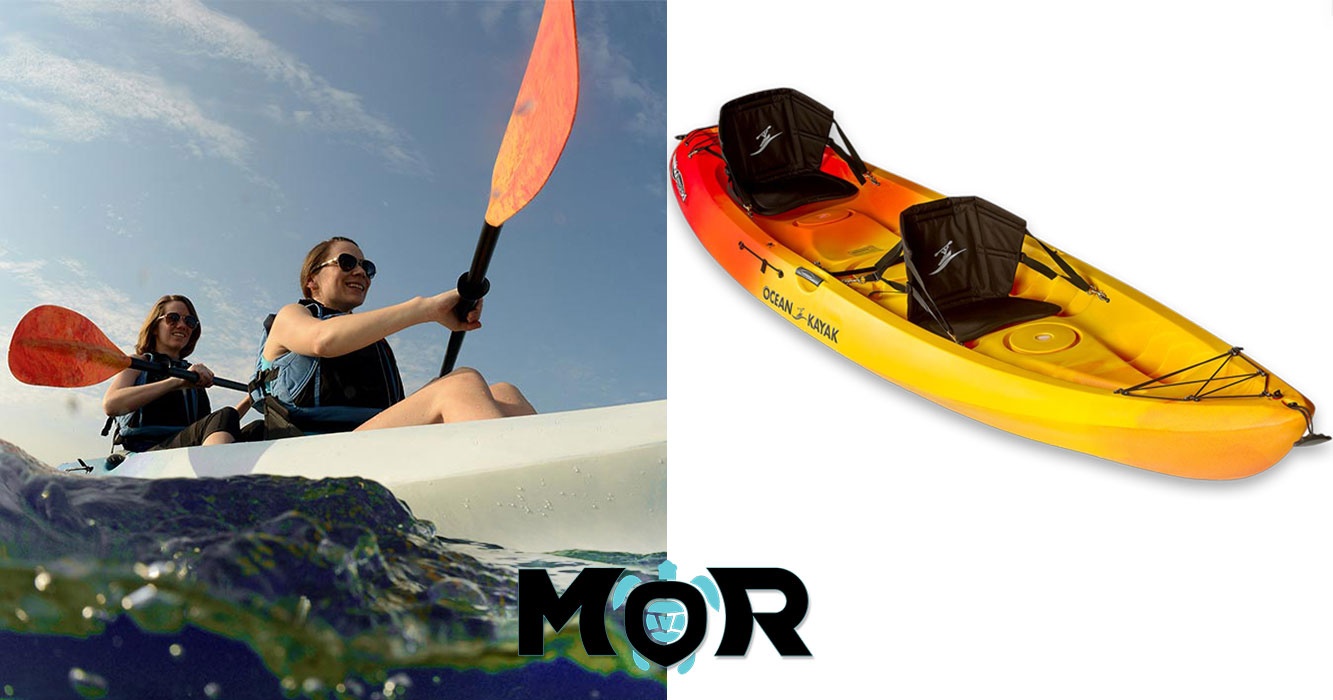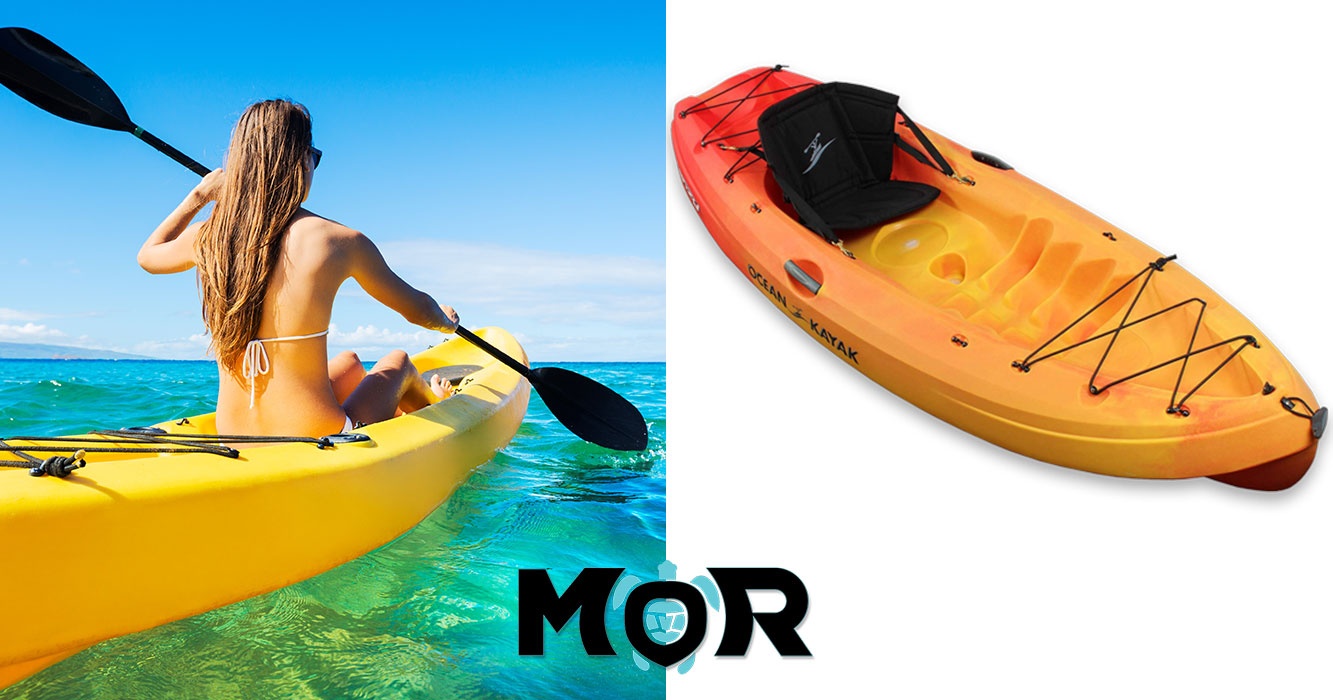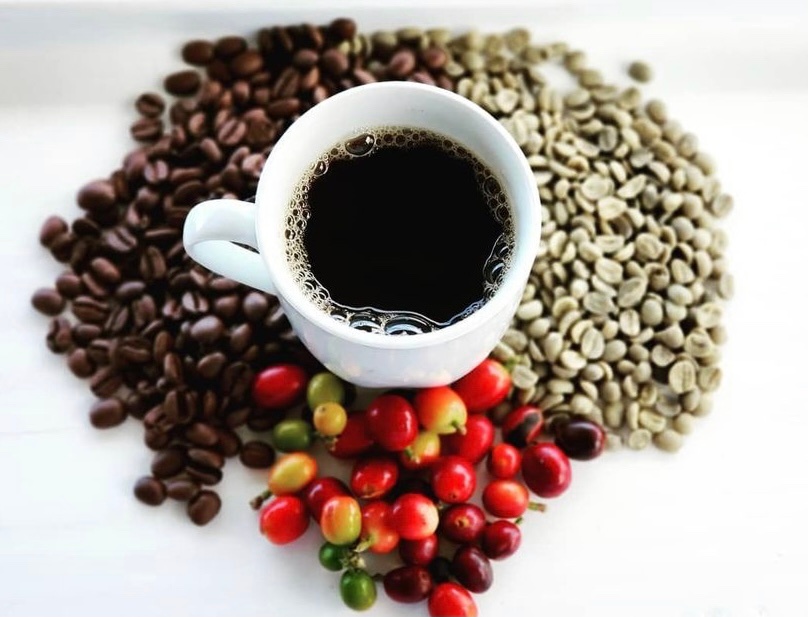
“Brew Your Best Cup”- Coffee Brewing Workshop
Heavenly Hawaiian Coffee Farm • Farm • Holualoa, Island of Hawaii • Hawaii
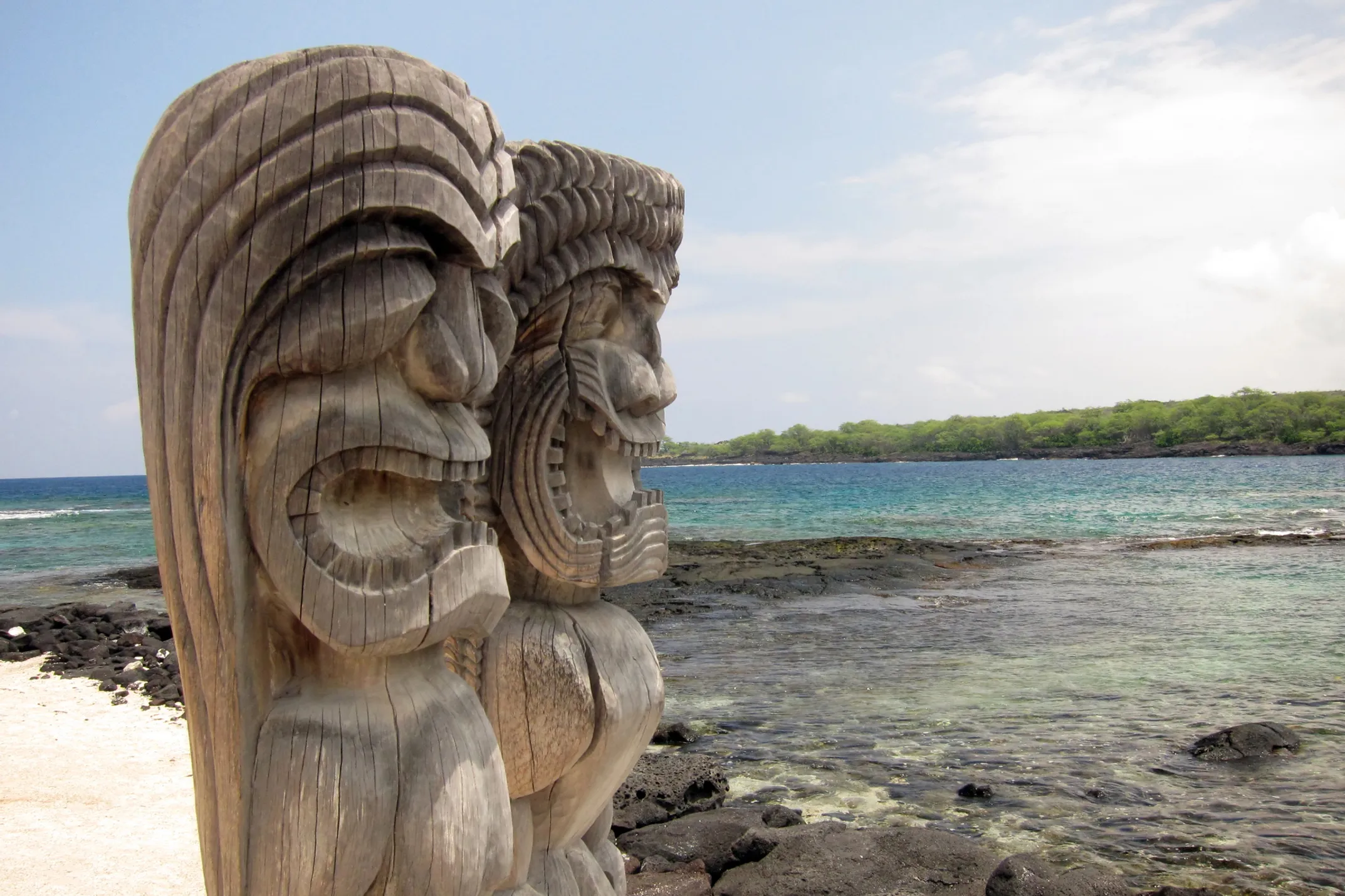
Travel with Aloha & Mālama ʻĀina
Discover how to experience Hawaii's beauty while preserving paradise for future generations
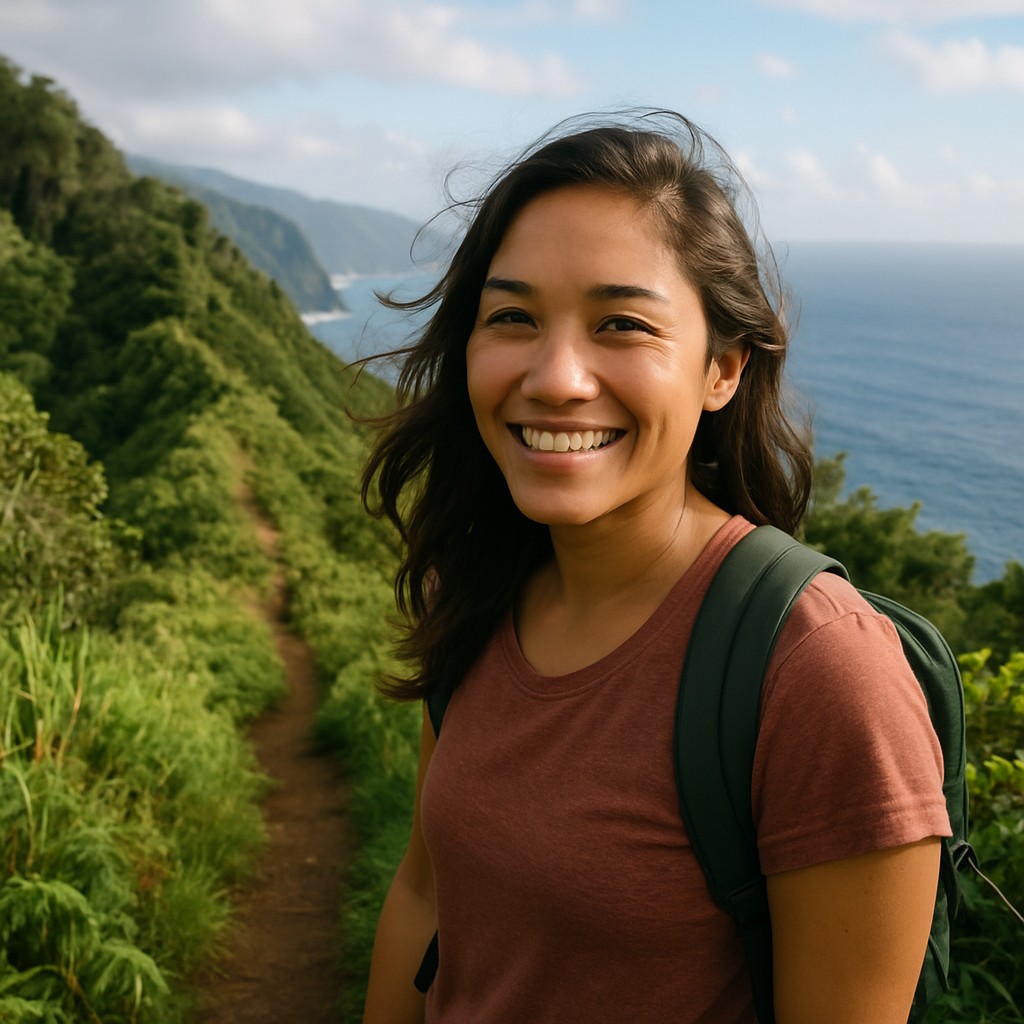
Written by a Local Conservation Expert
Jade KawanuiAloha, friends. I'm sitting here on my lanai in Hanalei, watching the morning light paint Nāmolokama Mountain in shades of gold and green that never get old, no matter how many years I've called this place home. The trade winds are carrying the scent of maile and mokihana through my kitchen window, where Alana is packing lunch for our kids' school field trip to the taro fields. It's moments like these that remind me why sharing the true spirit of these islands matters so much.
This guide is more than a list of places to go and things to see. It is an invitation to understand Hawaiʻi on a deeper level, to connect with the lifeblood of these islands, and to participate in a tradition of care that has sustained this place for generations. Traveling to Hawaiʻi is an opportunity to experience one of the most unique and beautiful places on Earth, but it is also an opportunity to become part of its story of preservation.
Traveling to Hawaiʻi is an opportunity to experience one of the most unique and beautiful places on Earth, but it is also an opportunity to become part of its story of preservation.
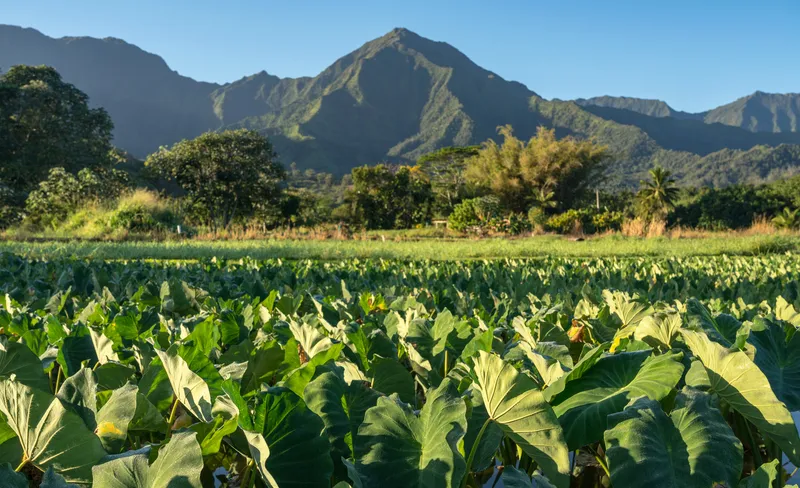
At the core of Hawaiian ecotourism is the principle of Mālama ʻĀina—a Hawaiian phrase that translates to "caring for and honoring the land." This is not a one-way street of human stewardship over nature. It is a deeply reciprocal relationship where the land, the sea, and all living things are seen as relatives, imbued with mana (spiritual life energy).
This relationship brings with it the concept of kuleana—both a responsibility and a privilege. The chance to live in, learn from, and enjoy the beauty of Hawaiʻi is a profound privilege that comes with the inherent responsibility to protect it.
Protecting Hawaii's unique ecosystems, endemic species, and natural resources from the impacts of tourism.
Critical: Hawaii is the "Endangered Species Capital of the World" and "Bird Extinction Capital of the World" with dozens of endemic species already lost.
Preserving and accurately interpreting Native Hawaiian culture, practices, and traditions connected to the land.
Ensuring economic benefits support local communities and create sustainable, quality jobs for residents.
Discover how to experience Hawaii's beauty while actively contributing to its preservation and cultural vitality.
Plant native trees & restore ecosystems
Ancient aquaculture conservation
Beach cleanups & reef protection
Preserve historical landmarks
The urgency of sustainable tourism is underscored by the sheer volume of visitors and the visible strain on resources. Hawaiʻi is home to approximately 150 distinct ecosystems, from subterranean lava tubes to alpine deserts. Over 90% of its native flora and fauna are endemic, meaning they are found nowhere else on Earth. This uniqueness, however, makes them incredibly vulnerable.
In response, the state has integrated sustainable tourism into its official policy through the Aloha+ Challenge. This framework connects tourism management with broader statewide sustainability goals, including clean energy, local food production, and waste reduction, demonstrating a high-level commitment to a more balanced and responsible future for the visitor industry.
Hawaii is home to 150+ ecosystems and is tragically known as the "Endangered Species Capital of the World" - making conservation critical.
In Hawaii, culture and nature are inseparable. Protecting natural sites also preserves cultural practices and traditions.
Tourism must create stable, quality jobs for residents and support locally owned businesses.
The goal is tourism that strengthens local economy and community well-being rather than extracting resources.
Ecotourism in Hawaiʻi is not merely a niche market. It is an essential strategy for survival.
Every visitor has the opportunity to become part of the solution, contributing to the preservation of the very beauty they have traveled so far to see.
Ecotourism in Hawaiʻi, at its heart, is not a category of travel but a state of being. It is the conscious decision to move through these islands with an open mind, a respectful heart, and gentle hands. It is the understanding that the rustle of leaves in a native forest, the crash of waves on a volcanic shore, and the quiet dignity of an ancient heiau are not just scenery, but the living, breathing essence of a culture.
This guide has laid out a path—a way to travel pono. It begins with understanding the profound cultural value of mālama ʻāina and accepting the kuleana that comes with the privilege of visiting this special place. It is realized through tangible actions: choosing a STAH-certified tour operator who gives back to the community, taking the time to plant a Koa tree that will grow for generations, helping to clear invasive algae from a historic fishpond, or simply watching a sleeping honu from a respectful distance, allowing it the peace it needs to survive.
The most profound and lasting memories of a trip to Hawaiʻi are often found not in the grandest spectacle, but in the quietest connection.
It is in the taste of a mango bought from a local farmer, the shared story from a kūpuna, the feeling of contributing to the restoration of a place, however small the gesture.
The morning I started writing this guide, I walked down to Hanalei Bay with my youngest, Kiele, to check on the honu that had been resting near the pier for three days. We sat in the sand, watching from our respectful distance as she lifted her ancient head to breathe, then settled back into her rest. Kiele whispered questions about where the turtle had traveled from, whether she had babies waiting for her, whether we would see her again tomorrow.
These are the moments that matter. Not the perfect Instagram shot or the longest list of attractions checked off. But the quiet understanding that we are guests in a living place, connected to something infinitely larger than ourselves.
The ultimate goal of this journey is to be more than a tourist. It is to be a guest who honors their host, a steward who protects a treasure, and a traveler who leaves the islands of Hawaiʻi even more vibrant and beautiful than they found them. By traveling with aloha, you not only enrich your own experience but you become part of the virtuous circle of care that will preserve this paradise for all time.
When you return home from your time in Hawaiʻi, you take with you more than memories and photos.
You carry the responsibility to share what you have learned about living in balance with the natural world. You become an ambassador for the values of mālama ʻāina, spreading the understanding that travel can be a force for healing rather than harm.
The trade winds that blow across these islands carry the breath of Polynesian navigators who found their way across thousands of miles of open ocean guided only by stars, currents, and the flight patterns of birds. That same spirit of respectful exploration, of finding your way by reading the signs the earth provides, is what authentic ecotourism in Hawaiʻi offers every visitor willing to slow down enough to listen.
Travel well. Leave only footprints, take only memories, and always remember that in caring for this place, you are caring for the future of all the beautiful, wild places left on our shared earth.
A hui hou (until we meet again).

Heavenly Hawaiian Coffee Farm • Farm • Holualoa, Island of Hawaii • Hawaii
